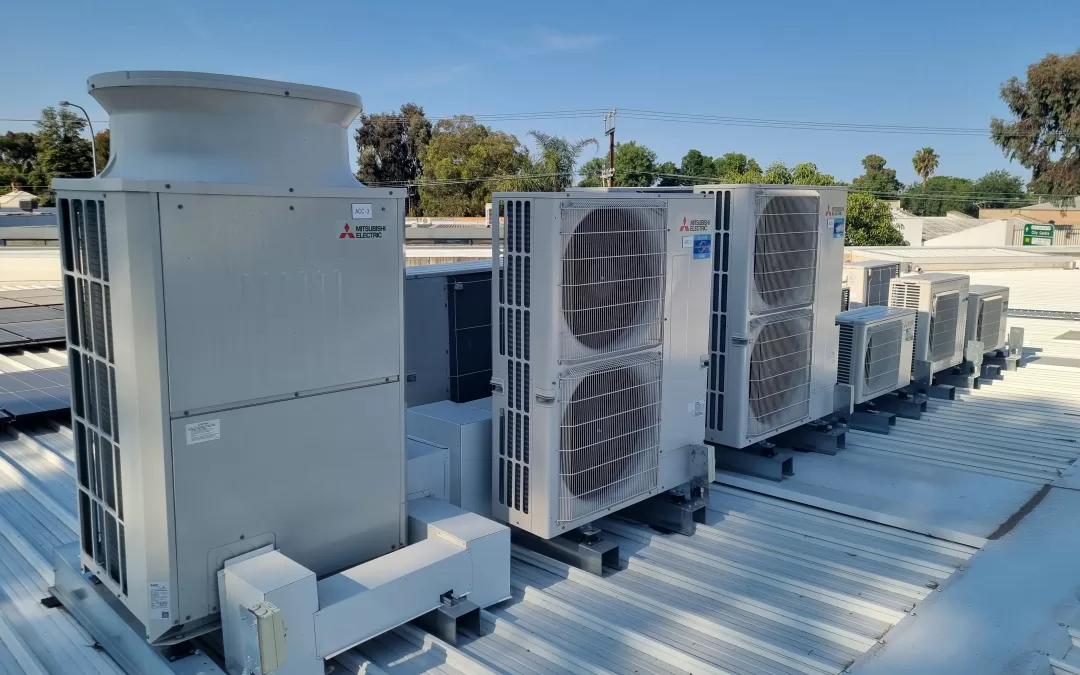
How Indoor Air Quality Affects Health and How to Improve It with HVAC Solutions Aug 11, 2025
Firstly, poor indoor air quality can lead to a myriad of health problems. Contaminants such as dust, pollen, pet dander, and other airborne particles can exacerbate respiratory issues like asthma and allergies. Additionally, high levels of humidity can promote the growth of mold and mildew, which may cause respiratory infections or trigger allergies. Poor ventilation can also result in the accumulation of harmful gases like carbon monoxide and radon, leading to serious health risks.
Understanding these threats makes it clear that improving indoor air quality should be a priority, especially in spaces where loved ones, including children and elderly individuals, spend a considerable amount of time. Fortunately, HVAC systems, when properly maintained and utilized, play an essential role in enhancing air quality.
One of the most effective ways HVAC systems contribute to better air quality is through ventilation. A properly configured HVAC system ensures that fresh air is cycled in, while stale air is expelled, reducing concentrations of indoor pollutants. Modern HVAC systems also incorporate advanced air filtration features. By upgrading to high-efficiency particulate air (HEPA) filters, homeowners can capture up to 99.97% of dust, pollen, and other airborne particles as small as 0.3 microns, drastically reducing the harmful elements circulating indoors.
Humidity control is another important factor in managing indoor air quality. HVAC systems equipped with dehumidifiers or those capable of controlling humidity levels can maintain an ideal indoor humidity level of between 30% and 50%. This prevents mold growth and dust mite infestations, both of which thrive in high-humidity environments.
Moreover, regular maintenance of your HVAC system is crucial to ensure it operates effectively. Simple actions such as replacing air filters every 90 days and scheduling professional inspections semi-annually will prevent the buildup of contaminants and ensure optimal functioning. Companies like Universal Heating And Cooling not only offer installation of HVAC systems but also provide comprehensive maintenance services to keep your air clean and systems running efficiently.
In addition to typical HVAC solutions, integrating smart technology can further enhance indoor air quality. Smart thermostats and sensors can monitor air quality and automatically adjust settings to ensure a healthy environment. These technologies can identify potential air quality issues early and adjust ventilation rates or filter settings to address them, providing an extra layer of protection for home occupants.
In conclusion, improving indoor air quality is essential for maintaining good health. By leveraging HVAC solutions effectively, individuals can significantly reduce indoor air pollutants and enhance their living conditions. Regular maintenance, investment in advanced filtration systems, and the use of smart technology all contribute to cleaner, healthier air. Universal Heating And Cooling stands ready to support you with top-notch services and solutions. Prioritize your health by ensuring the air you breathe at home is of the highest quality.
/filters:no_upscale()/media/64670edd-721d-4a24-aca3-496a5d4c1e4f.jpeg)
/filters:no_upscale()/filters:format(webp)/media/8a15910c-a854-4c2a-92c9-61b39464b9a3.jpeg)